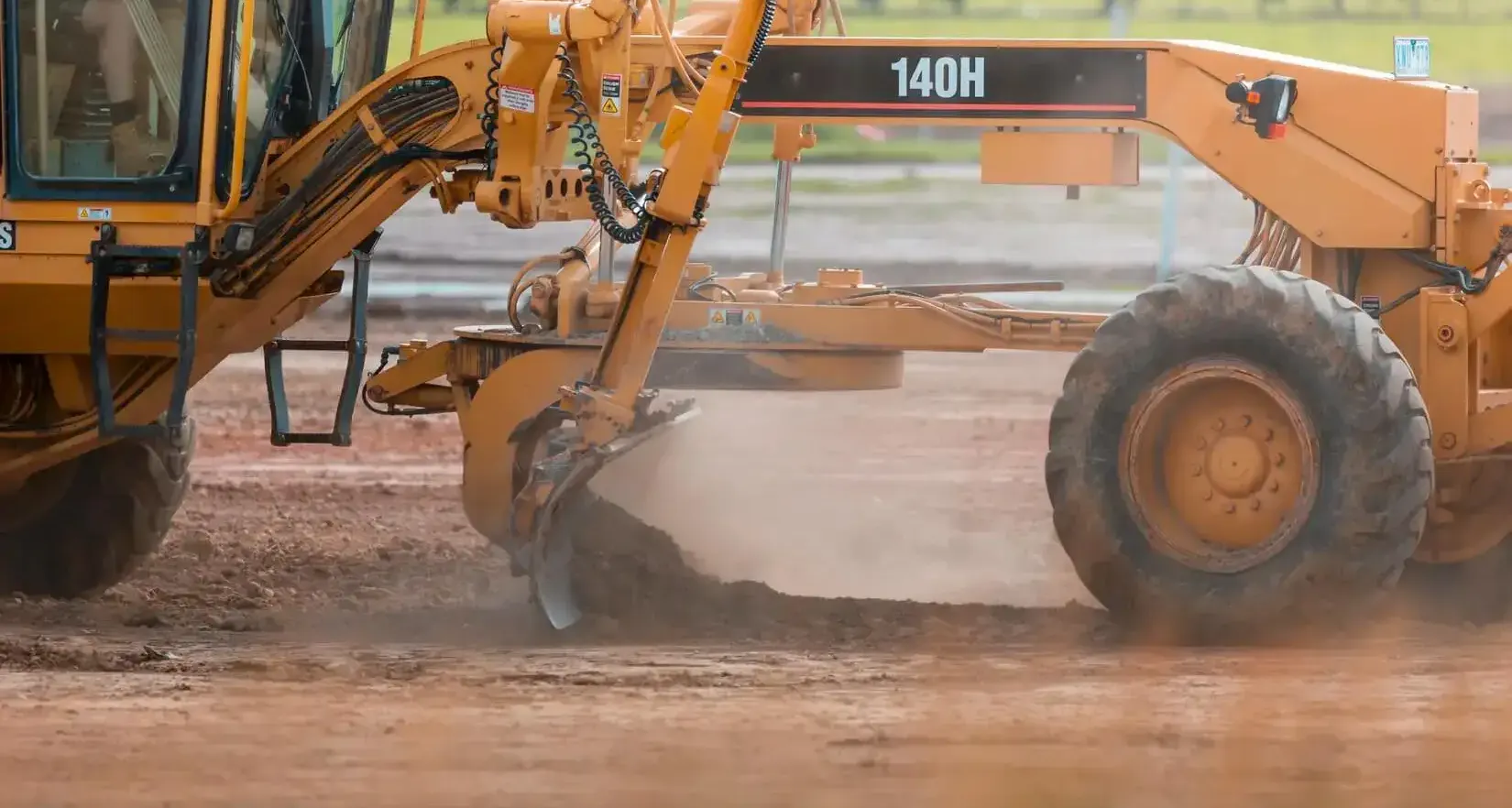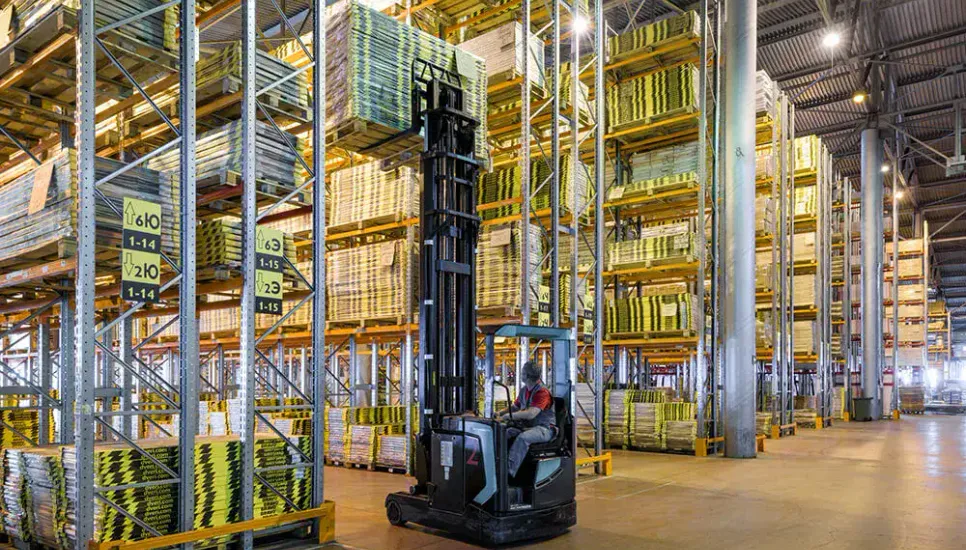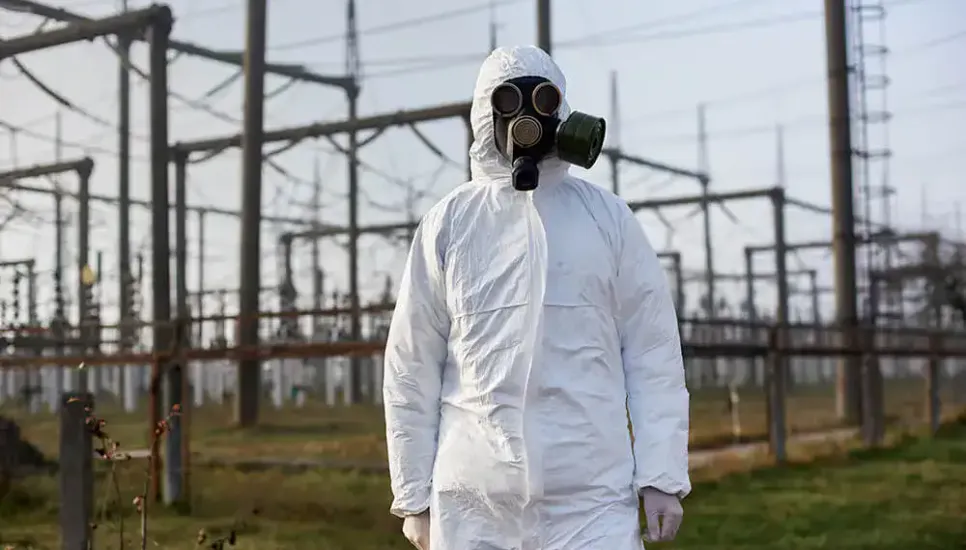Introduction
Clearing and grading, topsoil stripping, and land levelling activities all involve the modification of land plots to prepare them for property development, reclaim disturbed areas, or ensure more efficient irrigation. The risks associated with these landscaping, construction, and agriculture activities can easily be managed given appropriate safety training for employees.Potential Hazards
The most important safety risks in clearing and grading are as follows:
Chemicals.
The clearing of a plot sometimes involves the use of herbicides, while topsoil management often requires special fertilizers in order for the uppermost layer of vegetation to be useful in the reclaiming of a disturbed area. Whether for construction or agriculture processes, these activities can expose workers to chemicals and potentially hazardous substances.Heat Stress.
Outdoor workers in warm or temperate climates are exposed to direct sunlight for extended timeframes. Working in such environments puts employees at an increased risk of heat stress, heat stroke, and skin cancer. Many continue to underestimate the dangers of working in a hot environment, but increased fatigue and lack of appropriate cooling methods for the human body can easily lead to an accident involving heavy machinery.Electrocution.
Whether overhead or underground, powerlines are a common sight on construction sites. Even unused cables can drive electricity from nearby sources, which is why it is imperative that employees are instructed on how to act when encountering such conductors.Fire.
Sparks, dry vegetation, and increased temperatures are the foundation of wildfires. Without proper incident management and appropriate extinguishing equipment, fire can easily spread and endanger the lives of workers, as well as other individuals.
Incident Prevention
To minimize the risks associated with outdoor work environments, employees must implement a number of safety protocols that may be required according to their circumstances. If any chemicals are present throughout the operation, appropriate handling and storage conditions must be followed in order to guarantee the integrity of the substances. To prevent direct contact, the necessary protective gear must be worn at all times, regardless of how inconvenient it might be.
Before commencing with any clearing, levelling, or soil removing activities, workers need to ensure that no underground or overhead powerlines will be affected by their machinery in any way. If the outside temperature is dangerously high and exposure to direct sunlight is frequent, it is vital for employees to hydrate frequently, wear head protection, and take breaks whenever they feel fatigued.
Lastly, fire extinguisher equipment should always be at hand and ready to use. Accidental fires from dry vegetation or equipment sparks can easily escalate if not dealt with immediately.
Recommended Safety Courses
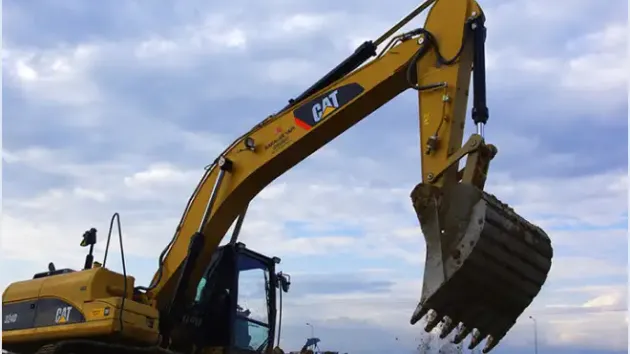
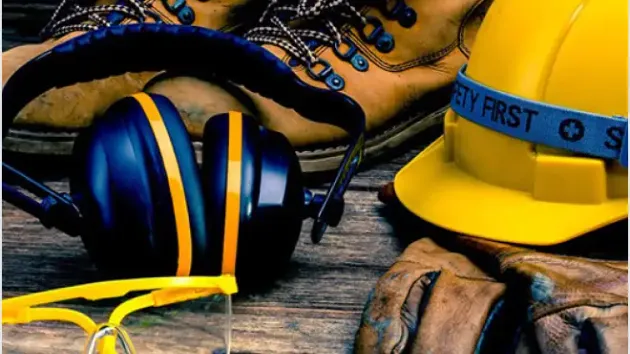
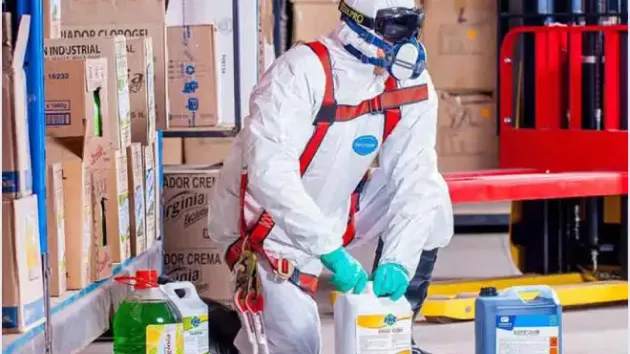
What You Can Do to Stay Safe
The only way to ensure your safety as a construction or agricultural worker is to always be aware of the risks associated with your work environment and be pro-active in combating them. If you undergo the necessary safety courses, the knowledge you gain will ensure that you and your colleagues stay injury-free.
Having gone through mandatory safety training will give you a perspective on the dangers at hand so that you may avoid accidents in the first place. Statistics show that the most frequent cause of accidents continues to be human error, which means that injuries are often preventable.
Clearing and grading might be required for the following jobs:
- Farmhands, heavy machinery operators, and irrigation engineers in the Agriculture and Food industry.
- Landscaper, construction worker, or project manager in the Construction industry.
For a complete list of safety courses advised for your job, please visit our industry pages in either Construction or Agriculture & Food, where they are grouped by occupation.
